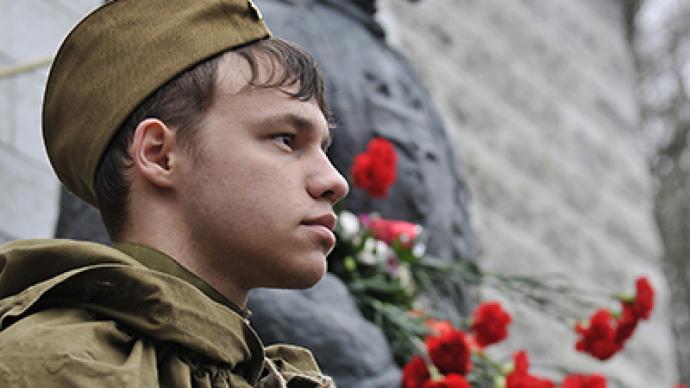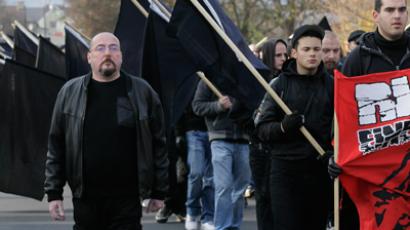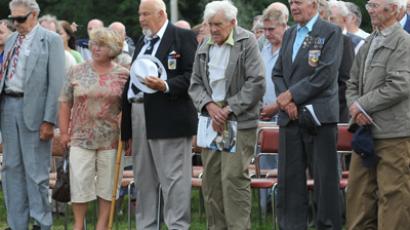Moscow enlists Russian expats in fight against historical revisionism

Efforts to revise history and glorify fascism must be further resisted, and Russians living abroad can contribute to these crucial efforts, the Russian Foreign Ministry said on Friday.
Decades after the end of World War II, Russia finds itself fighting on a different front, this time against those who wish to alter the historical record."It is absolutely essential that we work together to resist attempts at falsifying history and the outcome of World War II,” Foreign Minister Sergey Lavrov told the World Congress of Russian Expatriates in St. Petersburg on Friday.Despite the terrible sacrifice that Russia made during the ‘Great Patriotic War,’ there remain those who “corrupt the memory of those who defeated fascism and…glorify the Nazis and their collaborators," he said.For its part, Russia will continue to promote a positive and unifying agenda in international relations…that is guided by international law, Lavrov added.With increasing frequency, Russian history is disparaged by the activities of revisionists and neo-fascist groups, many beyond the borders of Russia.For example, former members of the Latvian Waffen-SS Legion hold an annual parade in the capital Riga to commemorate the group’s founding in 1943.In February, Latvian President Andris Berzins, arguing that many Latvians were forcibly drafted into Hitler’s army, and said people should “bow” to its Waffen-SS veterans.In April 2007, blood was spilled when Estonian authorities made the decision to relocate a World War II monument from the center of Tallinn. The statue, known as the Bronze Soldier, marked the grave site of Soviet soldiers who lost their lives in the fight against fascism.The move triggered huge protests in the Estonian capital that left one person dead and dozens wounded.Moscow highly values the initiatives proposed by expatriate organizations abroad to mark memorable dates in Russian history, Lavrov concluded, citing the 200th anniversary of the 1812 Patriotic War, which marked the end of the Napoleonic Wars as an example.














